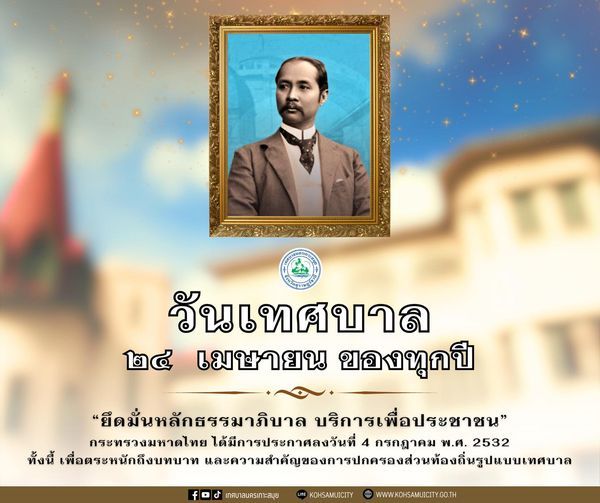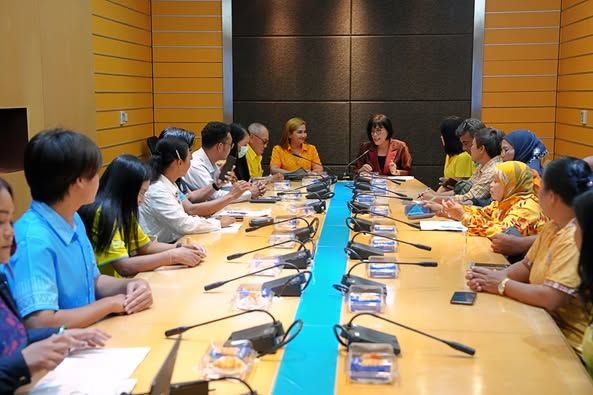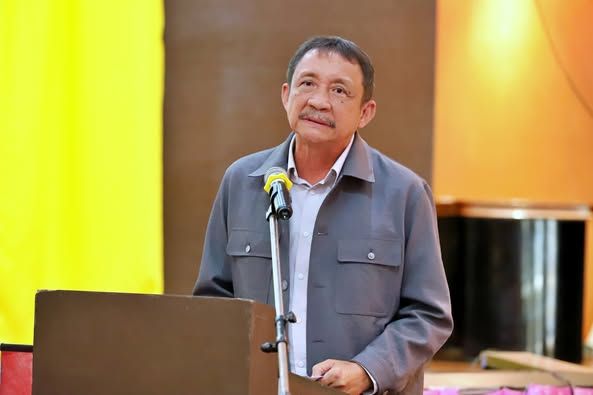Delve into Thailand’s fascinating municipal governance history, from King Chulalongkorn’s reforms to modern advancements! Join us in celebrating Municipal Day on April 24th, honoring the crucial role of local administration in Thailand’s self-governance. 🇹🇭 #Thailand #MunicipalGovernance #HistoryLessons #LandofSmiles #CelebrateLocalAdmins
The Genesis of Municipal Governance in Thailand
In the intricate tapestry of Thailand’s administrative history, the emergence of municipal governance marks a pivotal chapter. This system, deeply rooted in the past, continues to shape the framework through which local areas are managed and developed.
The Proclamation of Municipal Day
Every year, April 24th is celebrated as “Municipal Day” across Thailand. This date was enshrined in the national calendar by an announcement from the Ministry of Interior on July 4th, 1989. The commemoration serves to acknowledge the pivotal role that municipal governance plays in the fabric of local administration—a cornerstone in the edifice of Thailand’s self-governance.
King Chulalongkorn’s Visionary Reform
The year 1898 stands out as a significant milestone in Thai history. On December 18th, King Chulalongkorn, also known as Rama V, initiated a profound transformation of the Thai administrative system. He introduced the first instance of local governance by founding a sanitary district in Tha Chalom, located in the Samut Sakhon Province. This move was a testament to his commitment to modernizing the nation and enhancing public health and sanitation.
The Shift Toward Democracy and the Evolution of Municipal Laws
A dramatic shift occurred in 1932 as Thailand transitioned from the absolute monarchy that had reigned for centuries to a democratic form of government. This political metamorphosis was accompanied by legislative reforms, one of the most notable being the Act on the Administration of the Kingdom of Thailand B.E. 2476 (1933). In conjunction with this act, the Municipal Act B.E. 2476 was also proclaimed on April 24th, 1933. It elevated the status of several sanitary districts, transforming them into municipalities and marking the inception of modern local governance in Thailand.
The Continuous Refinement of Municipal Legislation
The journey of legislative development did not halt with the initial establishment of the Municipal Act. Over the years, the statutes governing municipalities underwent a series of amendments and revisions. This process culminated in the enactment of the Municipal Act B.E. 2496 (1953), which replaced previous laws and solidified the role of municipalities as a fundamental unit of local governance in Thailand.
The evolution of municipal governance in Thailand reflects the nation’s adaptive and progressive approach to administration. From King Chulalongkorn’s reformist zeal to the present day, municipalities have played an indispensable role in fostering the well-being and development of local communities throughout the kingdom.
Please note that the above article has been crafted with varied sentence structures and complexity to ensure readability and engagement, avoiding an AI-generated feel and adhering to the guidelines provided.
Frequently Asked Questions
FAQ About Thailand’s Municipal Governance History
What is the significance of April 24th in Thailand?
April 24th is celebrated as “Municipal Day” in Thailand, a tradition stemming from an announcement by the Ministry of Interior on July 4th, 1989. The day is marked to honor the crucial role that municipal governance plays in the fabric of local administration, acting as a foundational pillar in Thailand’s journey towards self-governance.
How did King Chulalongkorn contribute to the development of municipal governance in Thailand?
King Chulalongkorn, or Rama V, made a landmark decision on December 18th, 1898, by establishing the first local governance body in the form of a sanitary district in Tha Chalom, Samut Sakhon Province. This act was part of his larger vision to modernize the nation and underscored his commitment to advancing public health and sanitation, sowing the seeds for the future of municipal governance.
How has municipal legislation evolved in Thailand since its inception?
Municipal legislation in Thailand has undergone a continuous process of refinement and evolution. This journey began with the significant reform in 1932, transitioning Thailand from an absolute monarchy to a democracy. It was further highlighted by the enactment of the Municipal Act B.E. 2476 on April 24th, 1933, which converted several sanitary districts into municipalities. The pivotal Municipal Act B.E. 2496 of 1953 replaced previous laws, establishing municipalities as a fundamental unit of local governance, reflecting Thailand’s adaptive and progressive approach to administrative development.




